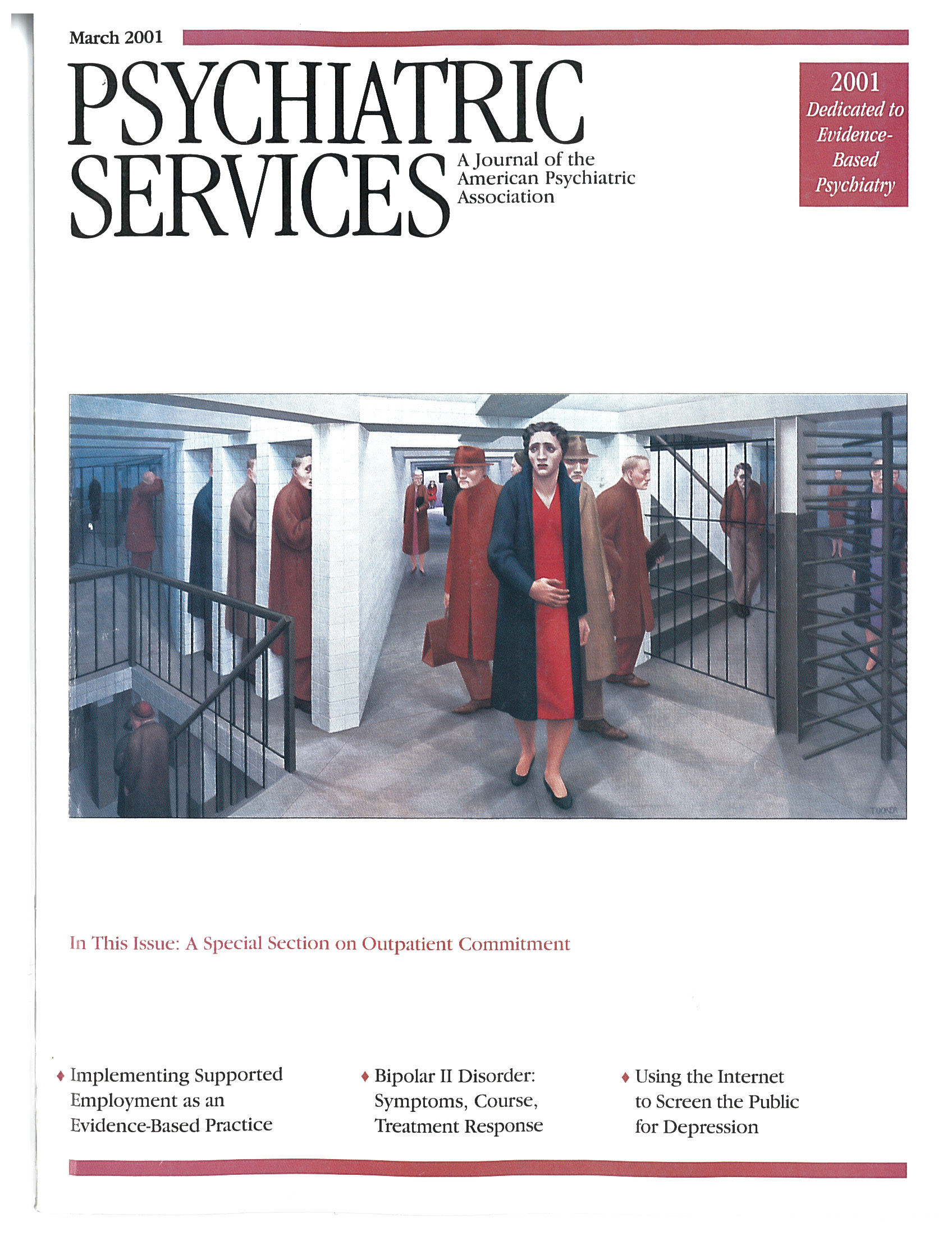Opening Pandora's Box: The Practical and Legal Dangers of Involuntary Outpatient Commitment
Abstract
Policy makers have recently begun to reconsider involuntary outpatient commitment as a means of enhancing public safety and providing mental health services to people deemed to be noncompliant with treatment. The authors review the therapeutic claims for outpatient commitment and take the position that there is insufficient evidence that it is effective. They offer arguments that outpatient commitment may not improve public safety and may not be more effective than voluntary services. The authors further point out that outpatient commitment may undermine the delivery of voluntary services and may drive consumers away from the mental health system. The authors conclude that outpatient commitment programs are vulnerable to legal challenge because they may depart from established constitutional standards for involuntary treatment.



